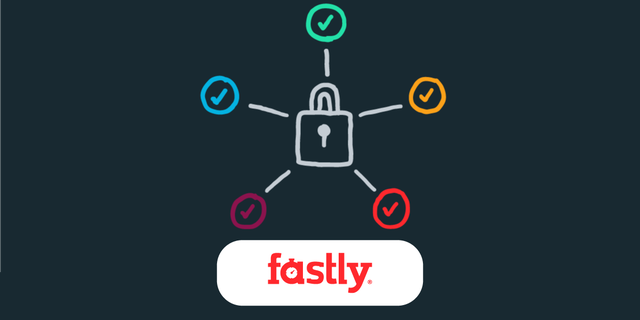Security
Page 2
The History of DDoS
Discover the impact of DDoS attacks on businesses. Learn how these disruptions can lead to financial losses, damaged reputations, and the importance of prevention.
What Fastly saw on election night
Learn how voter fatigue and alternative media are changing public engagement with politics and how that impacted election night in the U.S..
War story: RPKI is working as intended
Explore the transformative impact of RPKI on the Internet. Discover how collaboration and perseverance drive fundamental changes in routing reliability and security.
2024 US Elections Threat Landscape
With the election nearing, businesses face heightened risks from cybercriminals. Discover strategies to safeguard against phishing, DDoS attacks, and data theft.
Building a better application DDoS solution
Fastly DDoS Protection offers rapid deployment and automatic defense against DDoS threats, helping maintain the performance of your applications and APIs in a volatile digital landscape.
CISO Insights: 10 modern capabilities to revamp your security
Explore essential strategies for updating your security measures. Understand the importance of addressing vulnerabilities and optimizing resources for better protection.

Security and Bot Management is Crucial for eCommerce During Back-to-School Sales
Strengthen your eCommerce site's security to protect customer information and maintain trust with back-to-school shoppers.
Enhancing Security Capabilities with VCL
Fastly VCL has the advantage of being easy to learn, and extremely fast and safe to execute at the edge.
How to choose the right WAF
Not all WAFs are created equal, but how can you navigate the complicated market? Find out how to choose the best WAF for your organization.
Bot Wars: How Bad Bots are Hurting Businesses
Discover insights from our survey of 500 IT and security leaders on how malicious bots impact businesses. Learn to safeguard your digital assets effectively.

3 Essentials for a High-Impact Live Stream Event
Live streaming major events have become a significant part of how audiences experience concerts and sports. Find out the essentials to providing a world-class live stream.
Back to Basics of Automated Attacks: Account Takeover
Explore account takeover attacks and mitigations including modern authentication with 2FA/passkeys, and anti-bot measures to enhance account security.
Detection as Code with Fastly's WAF Simulator
Being able to test and validate rule behavior is critical to a maintainable WAF. With our WAF Simulator, you can validate rules in a safe simulation environment.
It’s free, instant, and yours! Fastly’s free developer accounts are here
We’re excited to announce free developer accounts. You can instantly get started and take advantage of the most developer-friendly edge platform in the world.
Built with Fastly Spotlight: LeakSignal stops GenAI data leaks
Learn about how LeakSignal leverages Fastly's industry-leading edge cloud platform to power its cutting-edge data flow governance solution.
Fastly and Google partner to enhance your privacy while protecting Chrome users from online threats in real-time
We're excited to announce that Google Chrome is leveraging Fastly Oblivious HTTP (OHTTP) Relay to support the Standard protection mode in Chrome.
Time’s up! How RPKI ROAs perpetually are about to expire
In this post, we'll dig deeper into the mechanics of RPKI to understand how the cryptographic chain contributes to the effective expiration date of a ROA.
Active exploitation of unauthenticated stored XSS vulnerabilities in WordPress Plugins
We have observed active exploitation attempts targeting three high-severity CVEs: CVE-2024-2194, CVE-2023-6961, and CVE-2023-40000.
Fastly drives improved internet routing security with global push to adopt RPKI
Fastly actively supports and participates in IETF, driving network security standards. Learn how we're enhancing routing security and improving industry standards for a safer Internet.
Chaotic Good: Resilience Stress Tests at the Edge
Getting started with chaos experimentation? In this post, we’ll walk through a small starter example experiment – verifying basic security assumptions on a website.